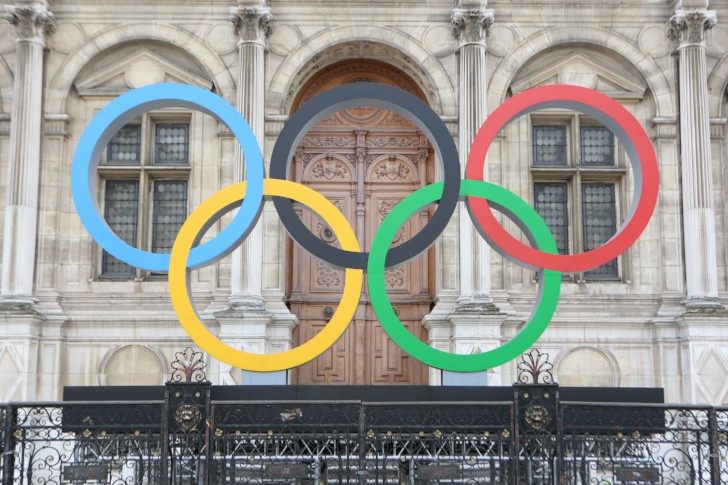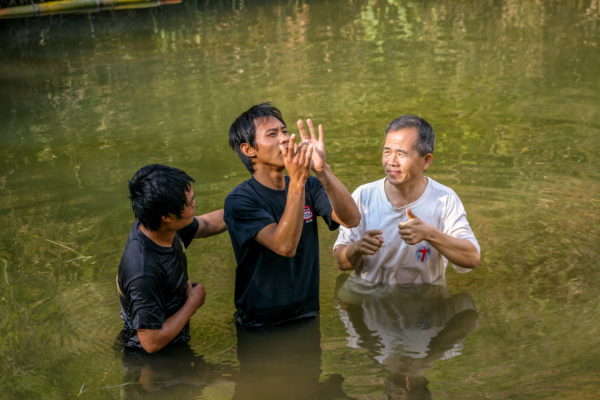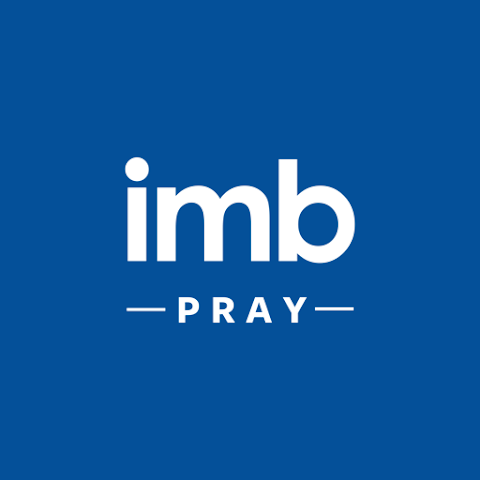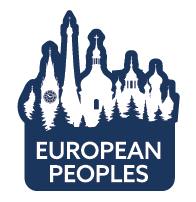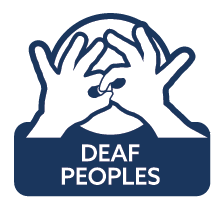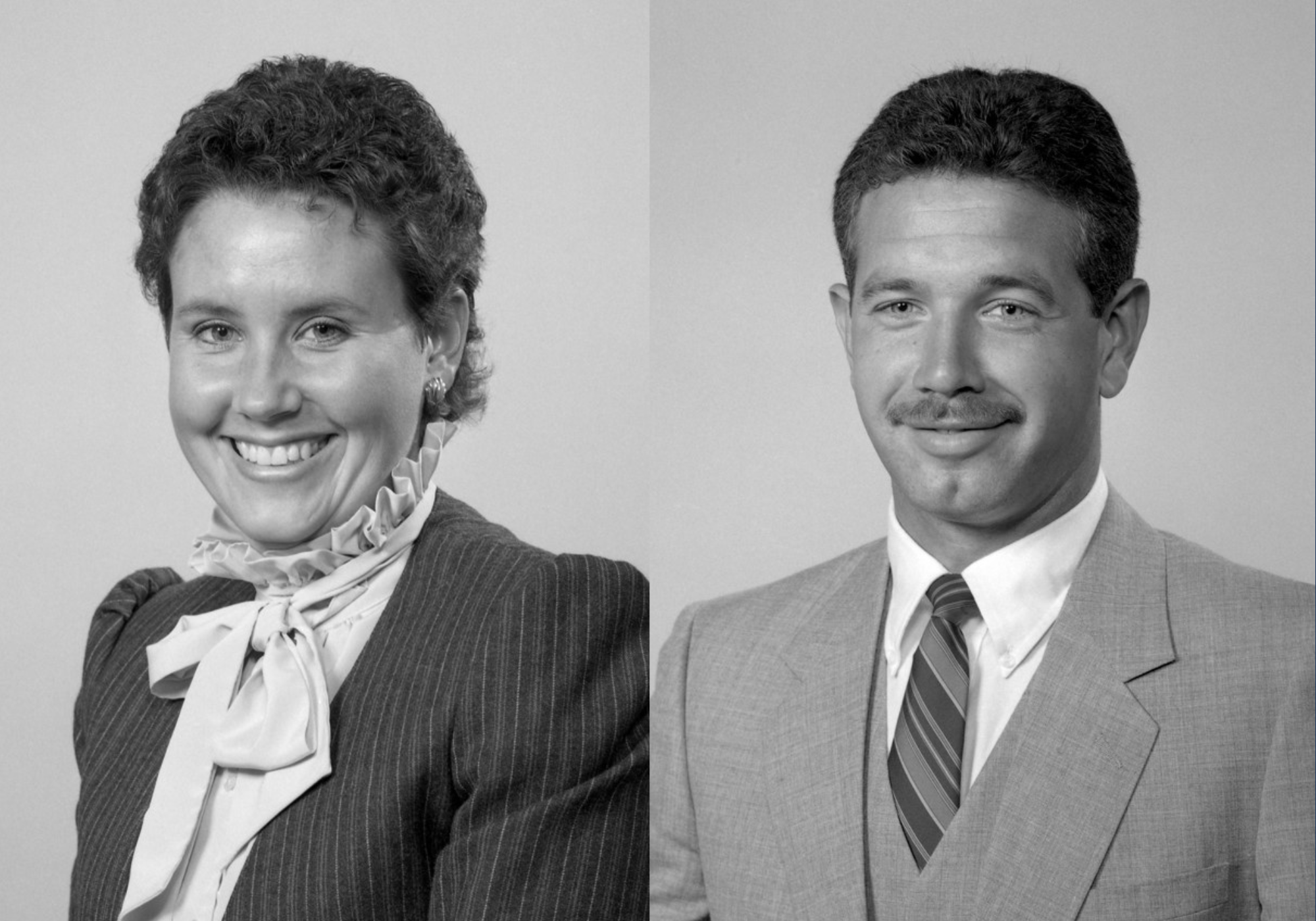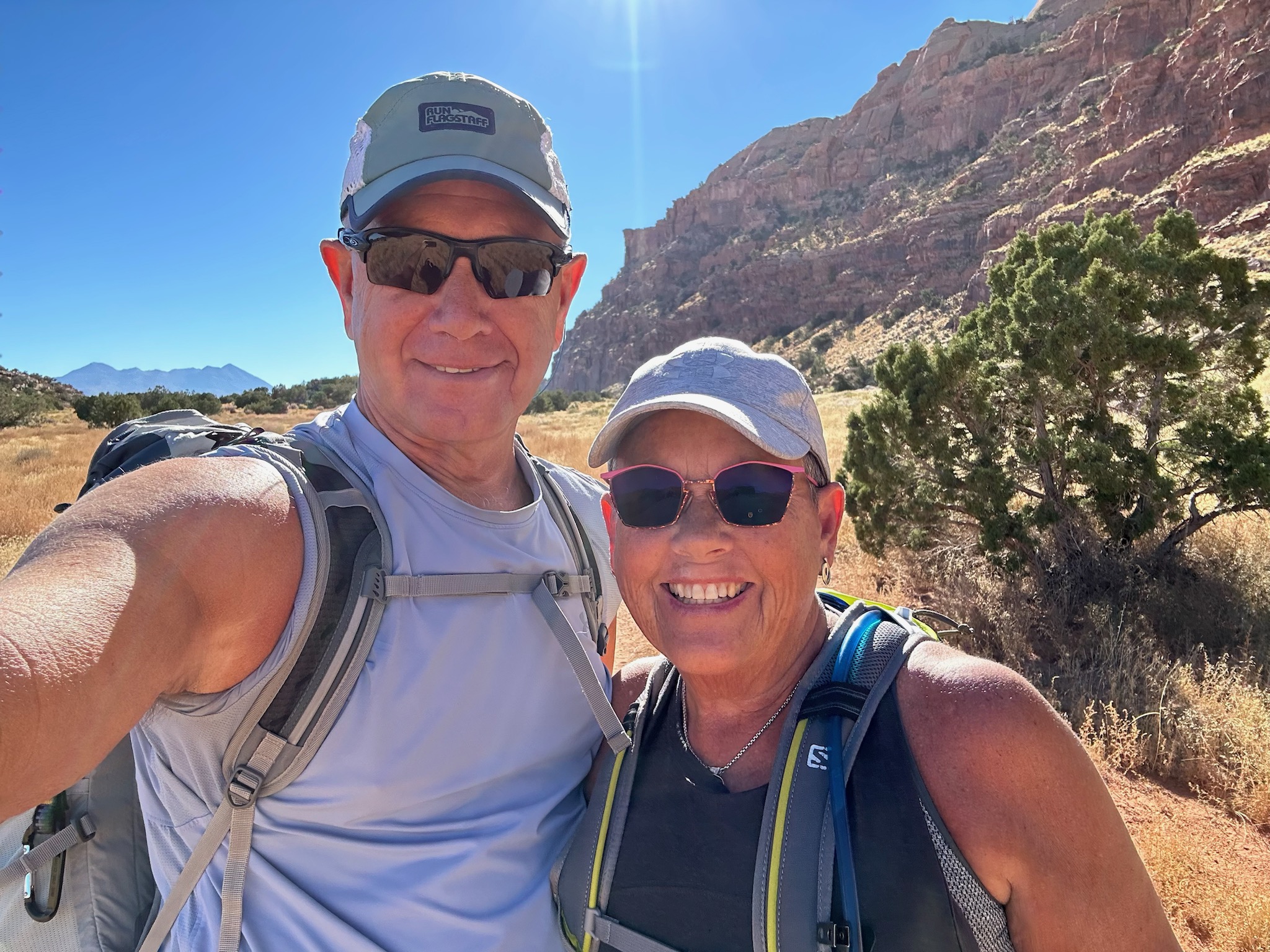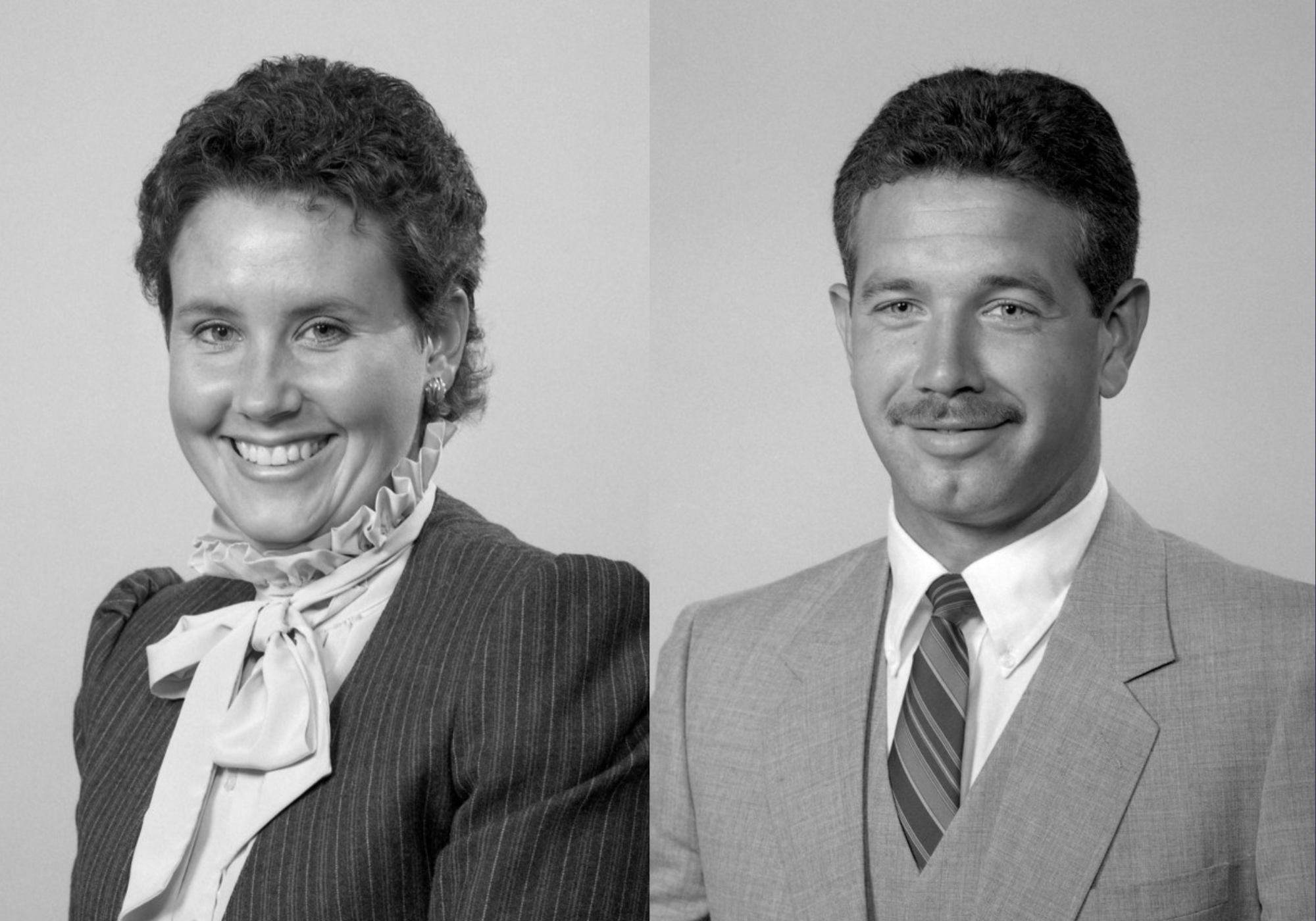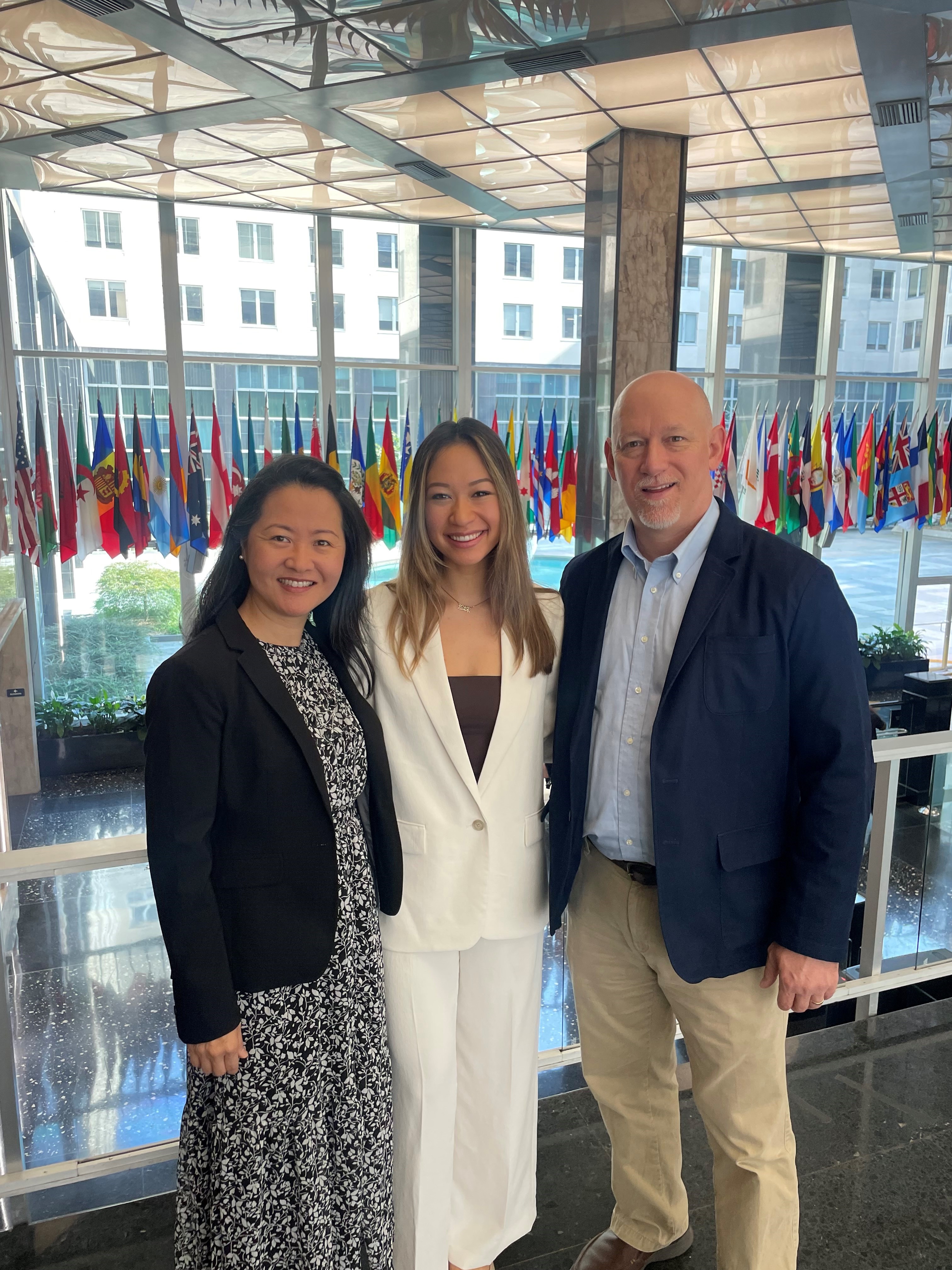Welcome to IMB Alumni Connections!
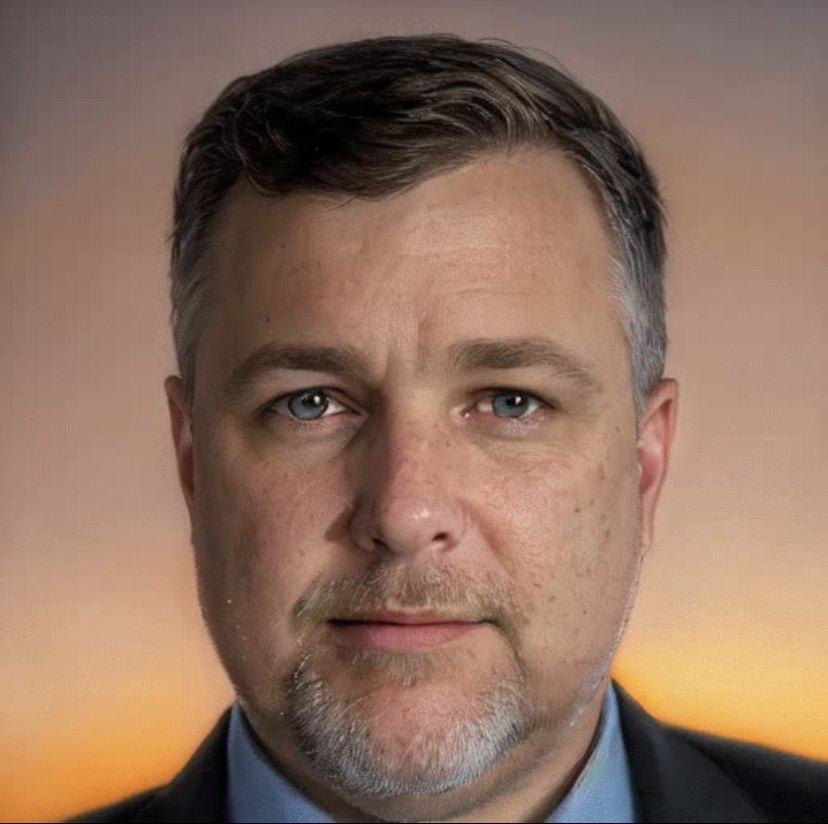
In recent years, the term “innovation” has gained popularity across a range of applications. It’s a concept that the business world has embraced, but does it have relevance for missions? At its core, innovation is creating something of new or unique value for a specific purpose. Scripture is full of examples of God anointing people aligned with His purposes to innovate, such as the farmer in Isaiah 28:26-29.
As alumni, you may recognize the fact that field teams face a global landscape considerably more complex and volatile than in past decades. For that reason, our team has spent the past several years exploring ways to support the ability of field teams to collaboratively innovate. The ability to innovate is proving to be a blessing in the missionary task toolbox. It’s helping us to take a fresh look at our established methods and to explore outside of our comfort zone. Missional innovation is bringing new tools to the task, such as artificial intelligence to speed up translation, digital engagement to reach people in new locations, and guiding us to enter new harvest fields, such as reaching Japanese inside virtual reality.
Don Barger, Director, Innovation and MX Labs
Resources and Events
Events
|
Missionary Parent and IMB Alumni Gathering
10 Remington Drive, Little Rock, AR 72204 May 17, 9:30 a.m. - 2:30 p.m. $10 per-person Register: [email protected] |
|
|
IMB Alumni Fellowship at SBC
Indiana Convention Center June 12, 8 – 10 a.m. |
|
|
Vietnamese Baptist Union – Celebrating 65 years of missions in Vietnam.
Missionaries who served in Vietnam from 1959 to 1975 are invited. July 4 – 7, Atlanta, GA |
|
|
Together for the Nations
In person Various locations and times Find an event |
In Memoriam
|
Remember our IMB missionary emeriti
READ MORE |
Lottie Moon Resources
|
Promote Lottie Moon in your church and networks
GET RESOURCES |
IMB Careers
|
Share our staff openings with your networks
VIEW JOBS |

